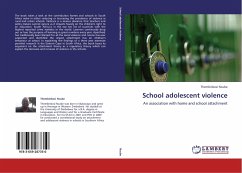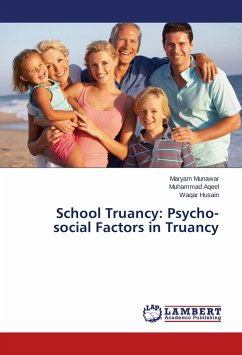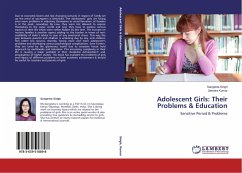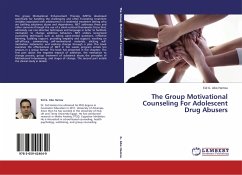The book takes a look at the contribution homes and schools in South Africa make in either reducing or increasing the prevalence of violence in rural and urban schools. Violence is a serious deviance that teachers and policy makers cannot ignore as it impacts heavily on the children's right to an education. South Africa is in the top ten list of countries with the highest reported crime statistics in the world. Learners continuosly drop out or lose the purpose of learning in great numbers every year. Apartheid has traditionally been blamed for all the social violence and noone has ever suspected and identified the impact attachment has on children's behaviour at school. In explaining the findings of a three year extensive positivist research in the Eastern Cape in South Africa, the book bases its argument on the attachment theory as a regulatory theory which can explain the decrease and increase of violence in the schools.
Bitte wählen Sie Ihr Anliegen aus.
Rechnungen
Retourenschein anfordern
Bestellstatus
Storno








